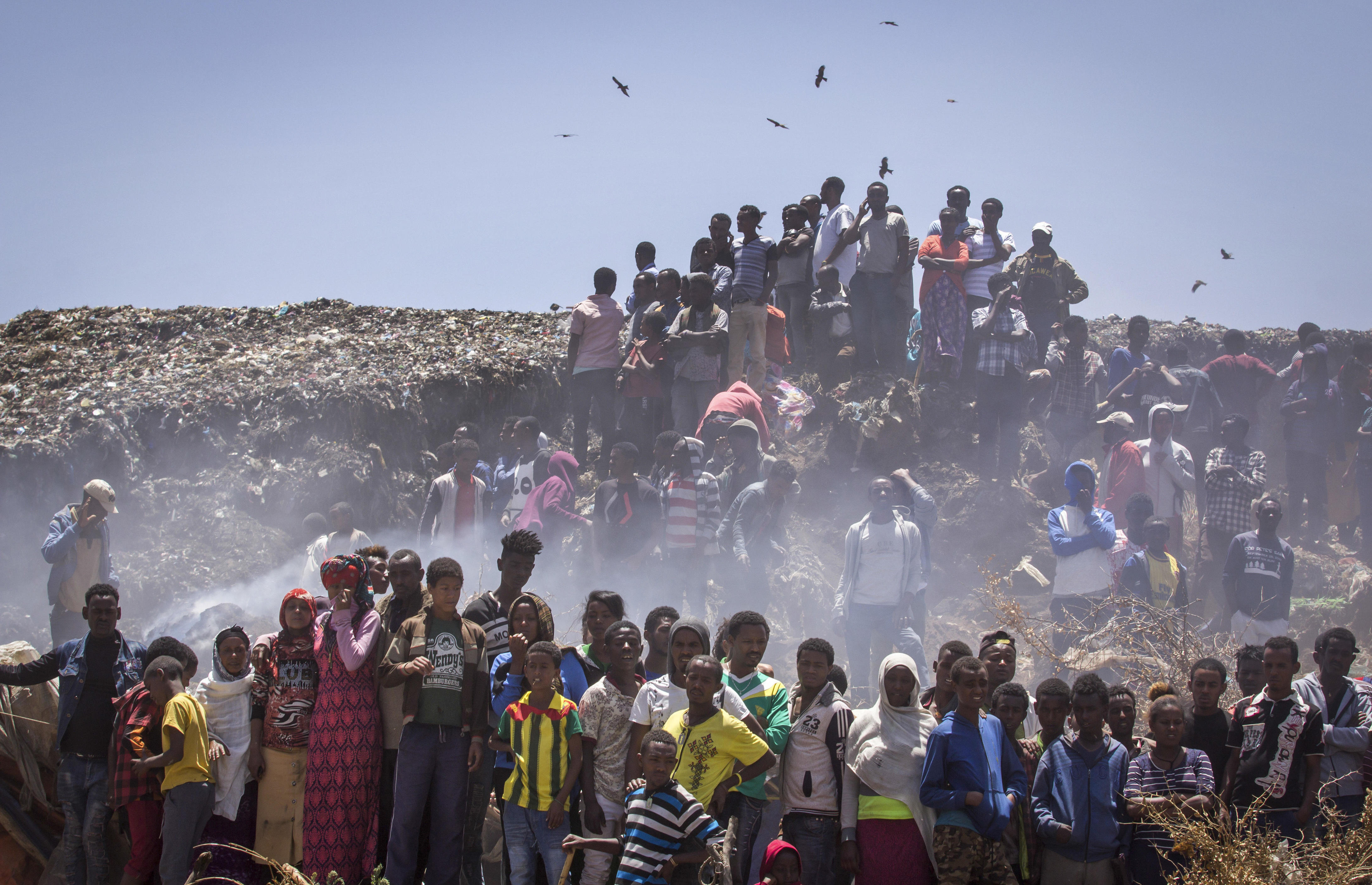
“If there were a contest for the 2020 event with the most far-reaching implications for global peace and security, the field would be crowded. From the coronavirus pandemic to climate change’s growing impact, the Trump administration’s scorched-earth policies after Joe Biden’s election, the Azerbaijani-Armenian war over Nagorno-Karabakh, and a deadly conflict in Ethiopia’s Tigray region, it has been an eventful year. In 2021, the world will be dealing with the aftermath and sifting through the debris.
In Sudan, Lebanon, and Venezuela, to mention but a few examples, one can expect the number of unemployed to grow, real incomes to collapse, governments to face mounting difficulties paying security forces, and the general population to increasingly rely on state support at a time when states are least equipped to provide it. The lines separating economic dissatisfaction from social unrest, and social unrest from outbreaks of violence, are thin.”
SOURCE: Foreign Policy
There are always some ‘hot spots’ around the world that might boil over into armed conflict, and some that are already at that stage, but that we collectively might have forgotten about during the pandemic. These 10 conflicts are highlighted to list some of the geopolitically most pertinent conflicts in the world right now.
- Afghanistan
- Ethiopia
- The Sahel
- Yemen
- Venezuela
- Somalia
- Libya
- Iran/U.S.
- Russia/Turkey
- Climate Change
GeoEd Tags: conflict, political, Afghanistan, Ethiopia, Yemen, Venezuela, Somalia, Libya.





